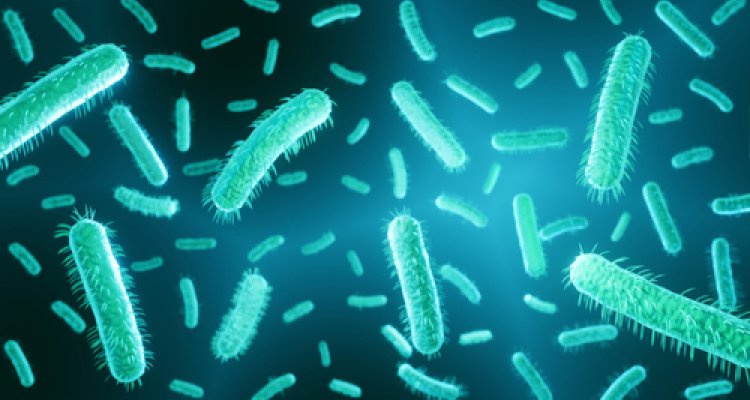
PhD defence
Exploring Ammonium Conversion at Bioanodes of Microbial Electrolysis Cells
Summary
This research addresses the challenge of nitrogen pollution in water, which harms aquatic ecosystems and contributes to climate change through nitrous oxide (N2O) emissions. Traditional biological methods struggle to treat wastewater with low carbon content effectively, so this study explores microbial electrolysis cells (MECs) as a sustainable solution.
By using bioanodes as electron acceptors, MECs convert ammonium (NH4+)—the primary nitrogen pollutant in raw wastewater—directly into nitrogen gas (N2). This approach eliminates the need for intensive aeration or additional organic material. Key challenges, including optimizing reaction rates, minimizing byproducts such as nitrate (NO3-) and N2O, and understanding nitrogen conversion pathways, were addressed.
The findings offer valuable insights into advancing MEC technology, paving the way for efficient nitrogen removal from wastewater while mitigating concerns about N₂O emissions.